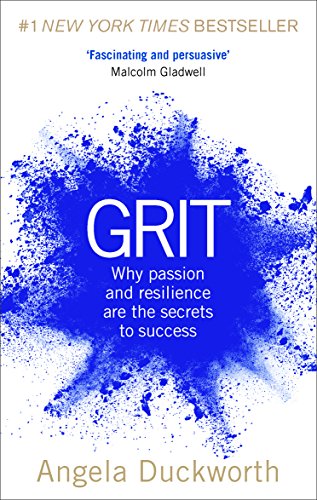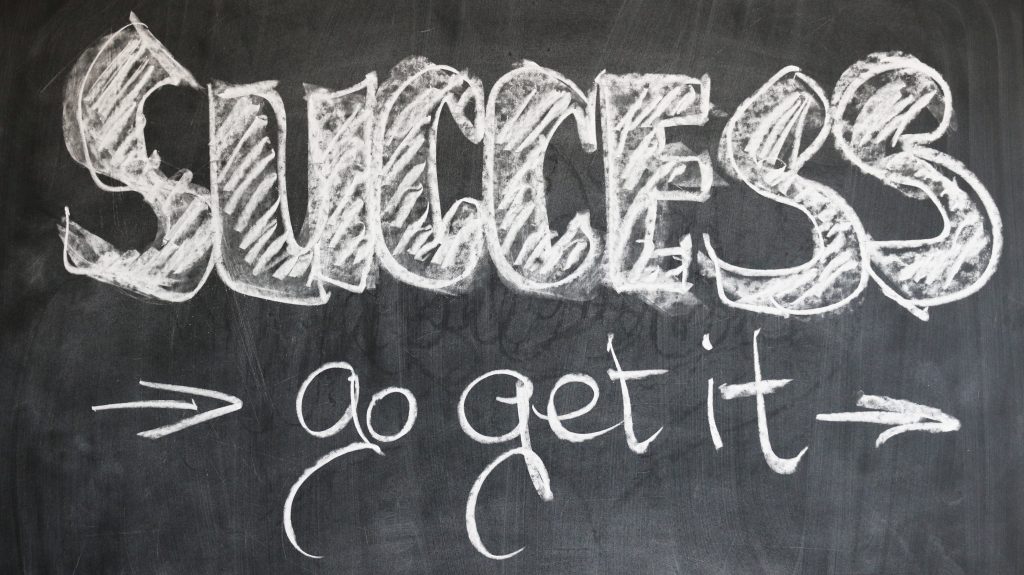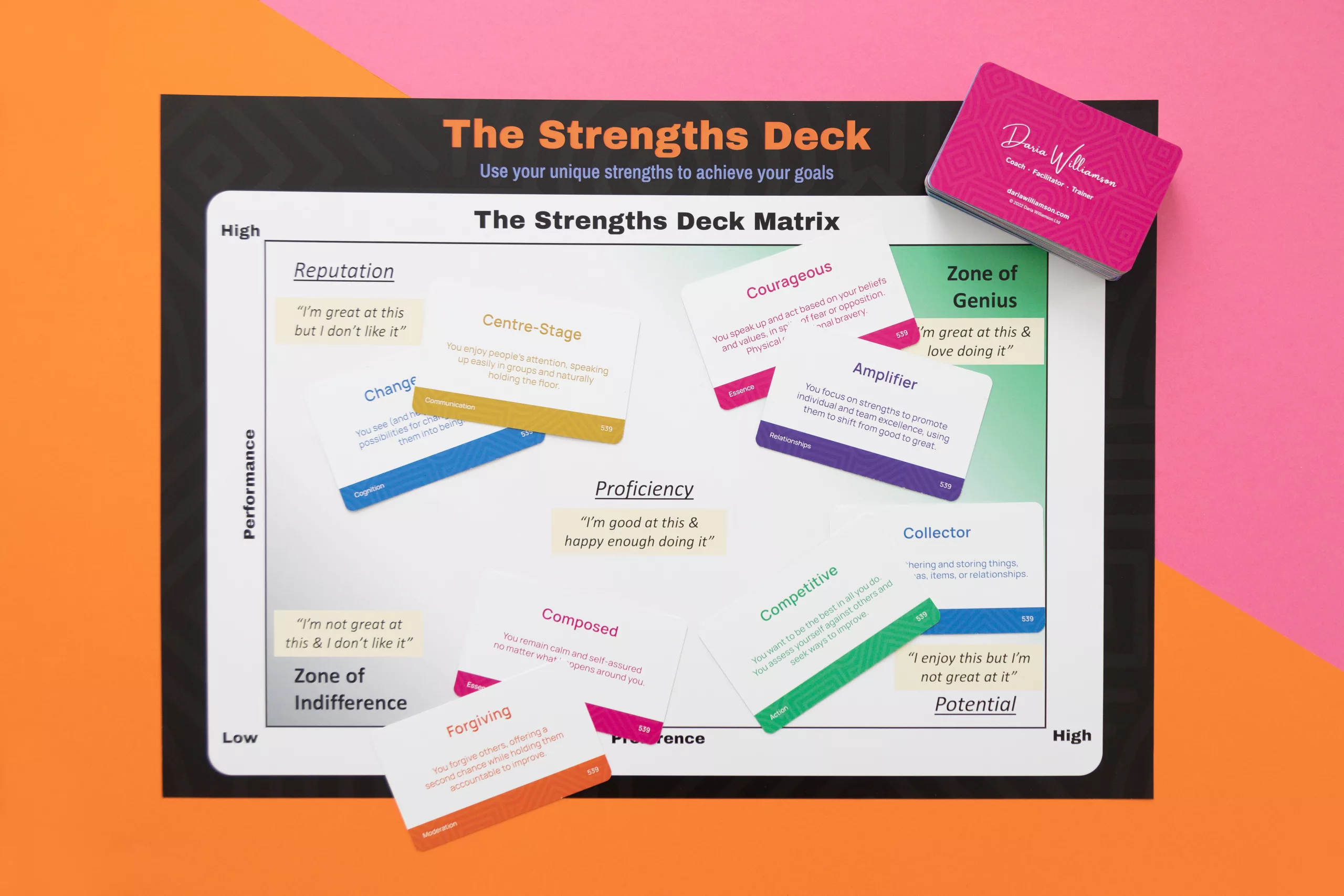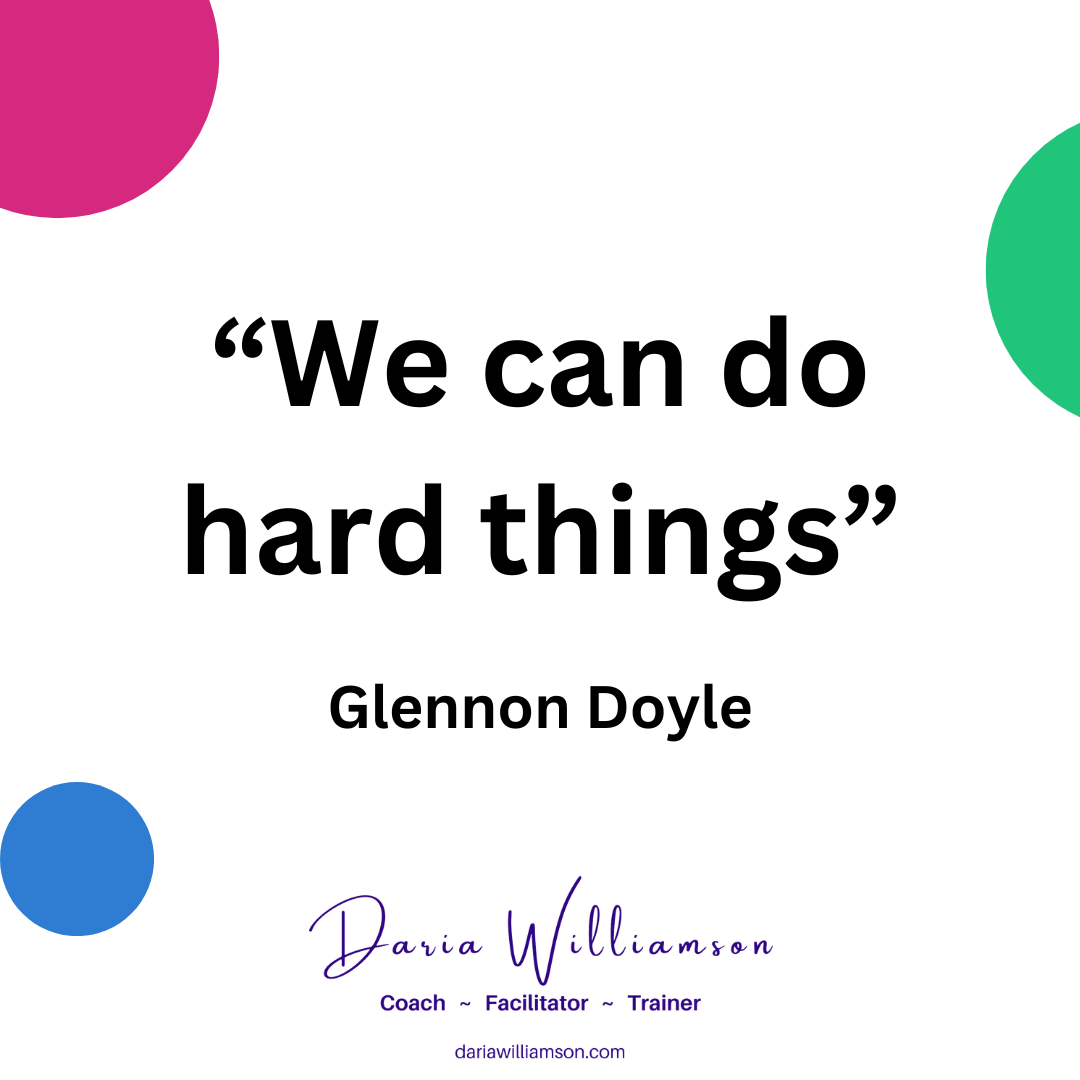We live in a culture that worships talent as the path to success. Have you heard people describe someone at the top of their game as a “freak”, a “genius”, or a “natural”? Or heard their performance described as “effortless” or “magical”? We come unstuck when we believe that natural talent is the key to success; so why are we biased towards this idea, and what can we do about it?
Biased thinking about success
Our thinking is biased. We value the idea of innate (inborn) talent more than the idea of hard work producing results and achieving success. Why? According to Nietzsche:
“If we think of genius as something magical, we are not obliged to compare ourselves and find ourselves lacking… To call someone ‘divine’ means ‘here there is no need to compete’.”
Thinking of high achievers as “naturally talented” lets us excuse ourselves from applying effort. If someone wants to be a good tennis player, but only picks up a racquet a couple of times a year, they can say “Well, I’ll never be a natural like Serena or Novak, so there’s no point in trying too hard”. Their excuse for lack of success is lack of natural talent. This is known as a fixed mindset – you can read more about this in my article about how to transform your life through your mindset.
How the “naturally talented” achieve success

I had the privilege of volunteering at the Auckland WTA and ATP tennis tournaments for a number of years. As a driver, I got to closely observe the habits of many exceptionally good players (including a number of top-10 players). On the whole, their work ethic was nothing less than astonishing.
During tournaments, in addition to playing matches, most players spend hours daily on the practice court and in the gym. They drill and train and practice the same moves repeatedly. Then they get up the next day and do it all over again. This was a demonstration of the saying “private effort leads to public success”.
For every hour in a match, a player has already spent many hours in drills, training, strengthening, and physical therapy. Not to mention hours reviewing their opponents’ performance and developing strategies and tactics to overcome those opponents. And whether they lose or win, they’ll be out on the practice court again, sometimes within hours of a match.
Grit – the power of perseverance

In her book “Grit” [non-affiliate link to Amazon], psychologist and researcher Angela Duckwork explains that talent by itself is not enough for success. Talent with the racquet might make a tennis career possible, but much more than talent is required for success.
It takes commitment to knuckle down and
Duckworth describes this in a mathematical equation:
talent x effort = skill
Even then, skill is not sufficient to ensure success. We all know someone (it might even be us!) who demonstrated skill at something, but it never became more than a hobby or passing interest.
To get from skill to achievement, there is another equation:
skill x effort = achievement
In Duckworth’s words “effort counts twice”. First, we take whatever talent we have, and put in consistent and intentional efforts to develop skill. Then, we put in consistent and intentional efforts with those skills to produce achievement.
While not everyone can be a basketball champ…
Of course, there are some limits on exactly how much we can achieve. At 165cm tall, it’s unlikely I would have made the NZ women’s basketball team (even if I’d had a talent for the game, which based on my high school experience, it’s clear that I don’t!). Having the opportunity to practice our chosen skill is also essential; not everyone has the same access to opportunity. However, most of us are unlikely to be operating at the very upper limit of our potential, so there’s always room for improvement.
…we can all work hard

If we have a basic level of talent (we can think about that in terms of “ability”), and the opportunity and resources to practice, then how high we go is based on a large extent on how much effort we put in, and the challenges we are willing to overcome in pursuit of our goals.
This “stickability” is what Duckworth refers to as “grit”. It has four components: interest, practice, purpose, and hope. We must start with something that catches our attention – interest helps us stick with it when the going gets tough.
Then we must practice regularly, trying to be 1% better each time. To keep us motivated, we need to have a sense of purpose – a reason for doing what we do. And finally, we need hope – hope that we can and will get better and that our efforts will pay off.
How does this relate to success in business?
Anyone can have an ability, a talent, a great idea or a grand dream, but not everyone gets results. It takes passion and perseverance to master the ability or talent and turn the idea or dream into action.
As a leader, your words and actions have an impact on those around you. To help your people develop “grit”, build and demonstrate your own “grittiness” and create conditions that encourage grit in others. Here are some ways you can do that:
Develop your skills in a tough area

Pick a skill that’s part of your job and which doesn’t “come naturally” to you. This is where you and your team will be able to see results.
Develop a skill-building plan – attend a course, read books on the topic, get a coach, and then practice, practice, practice.
You’re in this for the long-haul – commit to at least a year of practising this skill. Excellence doesn’t happen overnight. Check out Malcolm Gladwell’s book Outliers [non-affiliate link to Amazon] for some great insights into the 10,000-hour rule. While there might be some debate about whether the 10,000 hour rule is properly “scientific”, it does remind us that consistent effort over time will deliver more results than intermittent effort or giving up when the going gets tough.
Share your progress with your people (you might want to start small, and build up to telling everyone as you experience success). If you show that you’re prepared to take risks and learn something new, you encourage others to do the same.
Reward team members who put in consistent effort to improve their skills and productivity
It’s tempting to celebrate the “knight in shining armour” who saves the day. But remember: someone else polished the armour and saddled the horse so that the knight could ride in and shine!

Remain calm when mistakes happen
People practising their skills are going to make mistakes. Most can be fixed easily, even if they’ve upset customers or created rework.
Then work with your people to mistake-proof your business
Don’t blame the person who made the mistake – work together to find solutions. Fix the mistake together, then figure out how to catch future mistakes before they affect customers or business processes. Empowering your people to make improvements energises them to keep growing.
Recruit people who demonstrate perseverance
Ask about it in the interview. For example “Tell me about a time when you had to work hard on something, even when you wanted to give up. How did you make sure you stuck with it?” Their answer will tell you a great deal about whether they are willing to push through barriers in pursuit of a goal.

Do you need help?
If you need to develop a culture of “grit” for yourself or your team, I have tools and experience to help. Explore this site to find out more about my work, then call, email, or drop me a message today to talk about how we can get started.






1 thought on “Success – what matters more, talent or hard work?”
Pingback: Seven steps to turn your "to-do" list into an "achieved" list ~ Daria Williamson
Comments are closed.